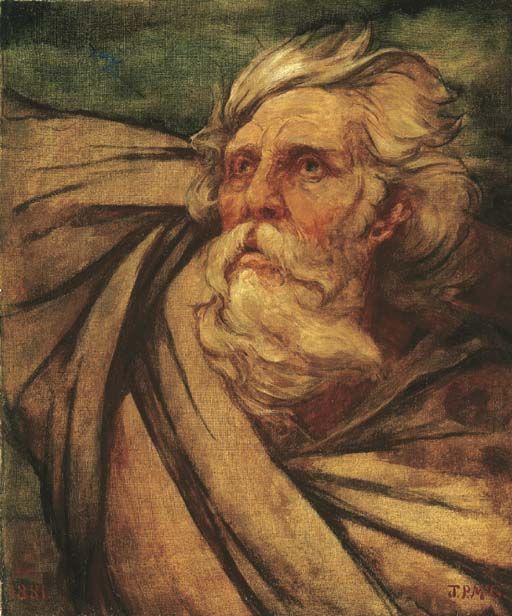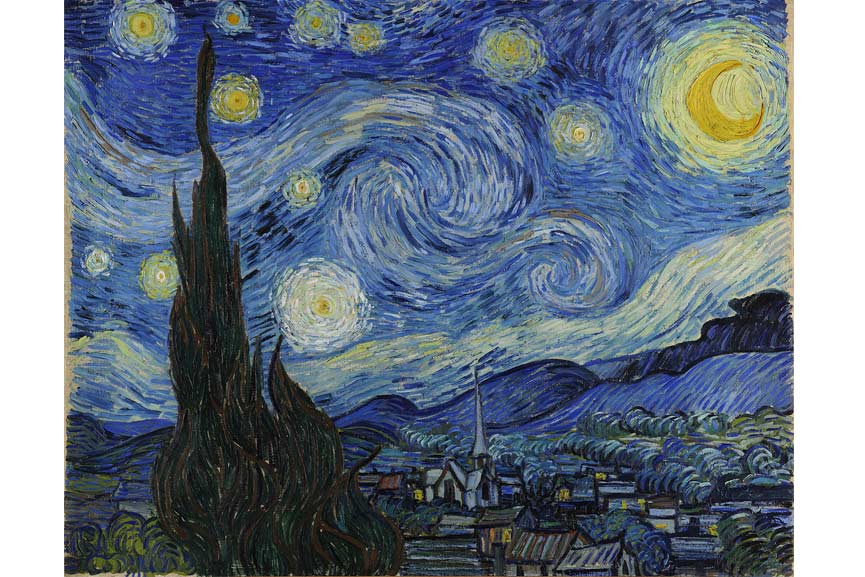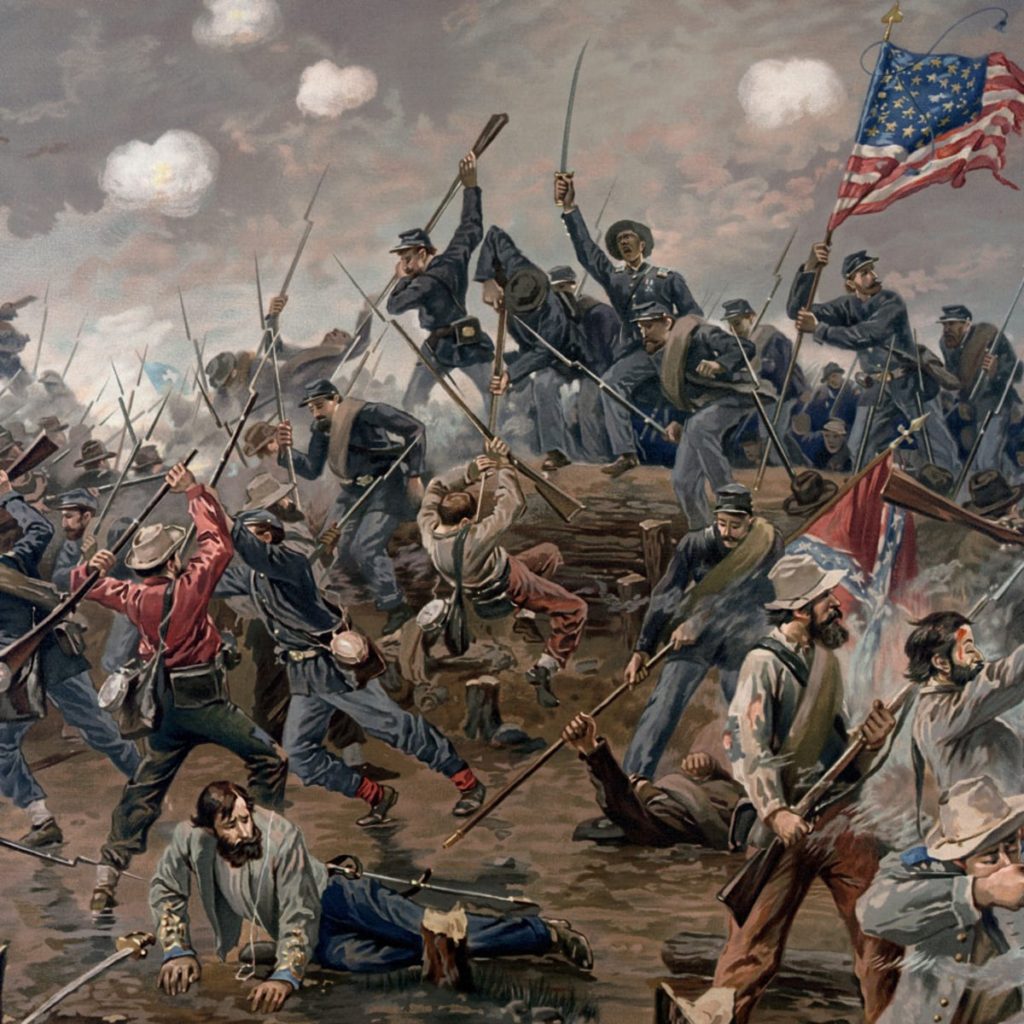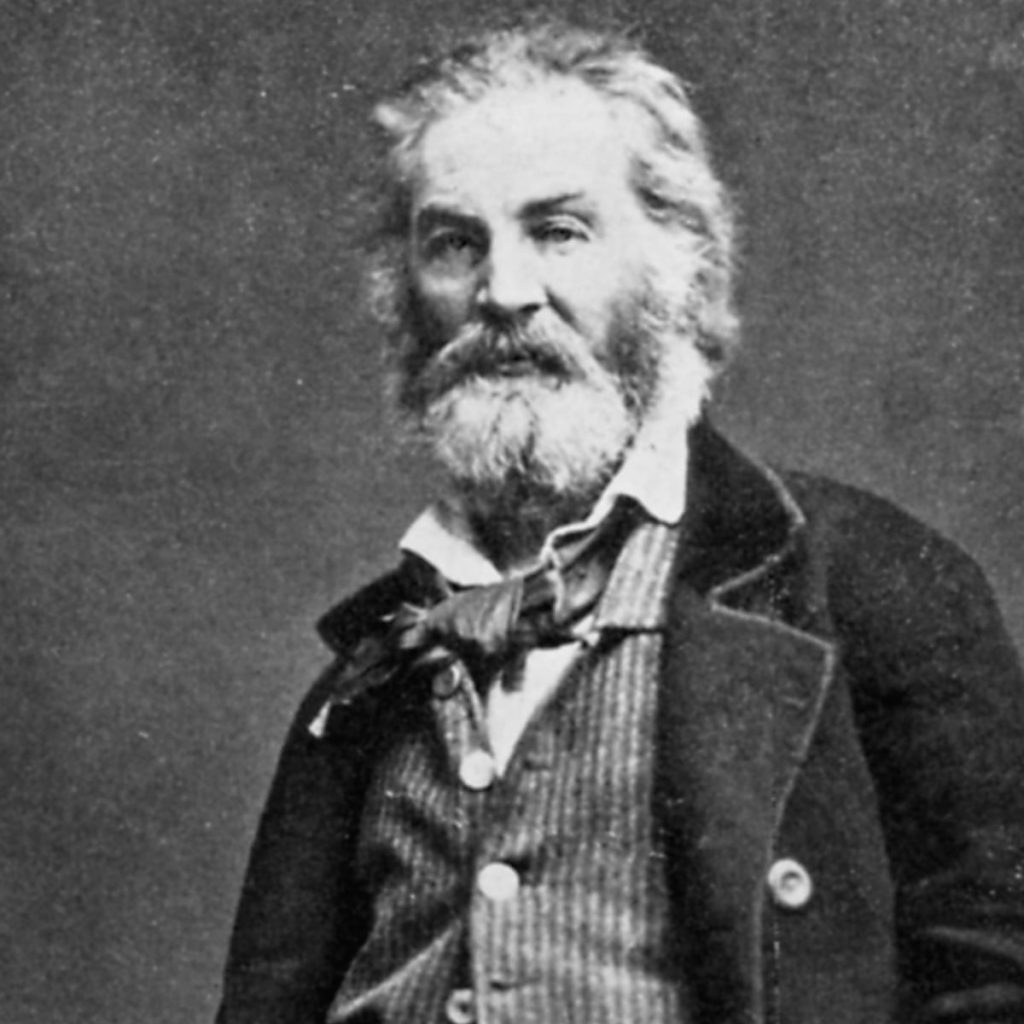Monday
Last week I shared one of president-elect Joe Biden’s favorite poems, which appears in Seamus Heaney’s verse translation of Sophocles’s Philoctetes, retitled The Cure at Troy. In the play, Heaney has the chorus imagining a time when “the longed for tidal wave/ Of justice [will] rise up/ And hope and history rhyme.”
If we merge that sentiment with former New York Governor Mario Cuomo’s observation that politicians “campaign in poetry but govern in prose,” we must now hope that Biden can rise to this hope-rhyming historical moment and provide prosaic but effective governance. Devising a comprehensive plan to address Covid and its economic ramifications will be a good start.
Governing will be difficult, however, and not only because Donald Trump leaves such a mess behind him. As president, Trump has inculcated a belief amongst many GOP politicians that they face little accountability for lying and mismanagement, and Majority Leader Mitch McConnell may well dedicate himself to destroying Biden’s presidency, just as he did Barack Obama’s.
Not all Republicans are so callously cynical, however. Even some who worked in the Trump administration came to recognize the damage he was doing to the country and got out. The drama at the center of Cure at Troy is of a young man who rediscovers his principles and stands up for what is right.
Neoptolemus, the son of Achilles, is on a mission with Odysseus to persuade the archer Philoctetes to return to the Greeks since the Trojan War cannot be won (so they have learned) without the famed archer’s legendary bow. This after the Greeks have marooned Philoctetes on an island because his repulsive injury and incessant moans are driving everyone crazy. The crafty Odysseus, knowing that the embittered Philoctetes will never listen to him, figures that he may come to trust the young and innocent Neoptolemus. To that end, he persuades Achilles’s son to pretend he too has been shunned by the Greeks, thereby winning Philoctetes’s sympathy.
Because Neoptolemus considers such subterfuge a violation of his integrity, he balks at first but then reluctantly goes along. After all, what are one’s moral qualms when the fate of the Greeks is at stake? The ploy works, Neoptolemus gets hold of Philoctetes’s famed bow, and the transactional Odysseus regards the mission as accomplished. He has gotten what he wanted and now feels free to jettison the archer.
Neoptolemus, however, has second thoughts and returns the bow to Philoctetes. Odysseus is furious:
Odys: What has you so worked up? Why can we not
Just rise and go? What’s on your mind?
Neop: I did a wrong thing and I have to right it.
Odys: What was that?
Neop: I did this whole thing your way.
Odys: We were Greeks with a job to do, and we did it.
Neop: I behaved like a born liar.
Odys: But it worked!
It worked, so what about it?
Neop: Not for me.
And I’m not leaving til the thing’s put right.
Odys: It’s the bow. You’re having second thoughts.
Neop: What else?
Odys: You mean you’re going to just give it back?
Neop: The scales will even out when the bow’s restored.
Odysseus threatens dire repercussions but Neoptolemus remains firm.
Having reestablished trust with Philoctetes, Neoptolemus then attempts to persuade him to return to the Trojan war. The archer is understandably suspicious—is this just a new trick?—but Neoptolemus is now speaking to him as a friend. The young man tells Philoctetes that, having been so damaged by Greek rejection, so filled with resentment, he no longer can see his higher destiny:
Your courage has gone wild, you’re like a brute
That can only foam at the mouth. You aren’t
Bearing up, you are bearing down. Anybody
that ever tries to help you just gets savaged.
You’re a wounded man in terrible need of healing
But when your friends try, all you do is snarl
Like some animal protecting cubs.
Philoctetes isn’t buying, however, and insists on Neoptolemus keeping his promise to take him home. Neopotolemus says he will be true to his word, and the Greek cause appears to be doomed.
At this point in Sophocles’s play, we have a divine intervention from Hercules, a deus ex machina, who tells Philoctetes that he must return to Troy. While Heaney has been tracking the Sophocles play fairly closely to this point, he departs and has has the chorus deliver Biden’s beloved poem. Internal miracles and sea change are indeed possible, they inform the archer. Channeling Hercules, they speak of new life:
So hope for a great sea-change
On the far side of revenge.
Believe that a further shore
Is reachable from here.
Believe in miracles
And cures and healing wells.
Call miracle self-healing:
The utter, self-revealing
Double-take of feeling.
If there’s fire on the mountain
Or lightning and storm
And a god speaks from the sky
That means someone is hearing
The outcry and the birth-cry
Of new life at its term.
Hercules doesn’t literally speak from the sky in Heaney’s version. Rather, his words represent Philoctetes’s internal breakthrough:
Philoctete (crying out): Hercules:
I saw him in the fire
Hercules
was shining in the air
I heard the voice of Hercules in my head.
Hercules is thematically important as a man who has achieved divinity. Referring to his fabled labors, Hercules explains to Philoctetes (through the chorus),
I have opened the closed road
Between the living and the dead
To make the right road clear to you.
This is the voice of Hercules now.
Here on earth my labors were
The stepping stones to upper air:
Lives that suffer and come right
Are backlit by immortal light.
As I read these lines, I think both of recovering Trumpists and of all those Americans who feel that they are emerging from four years of an abusive relationship. Having rationalized or been in a defensive posture for so long, they can begin to dream again. Hercules (through the chorus) tells Philoctetes that he must think higher than simply returning home to safe and sound Scyros:
So let my mind light up your mind
You must see straight and turn around.
You must complete your oath-bound course
You cannot yet return to Scyros.
Go, Philoctetes, with this boy,
Go and be cured and capture Troy.
Asclepius will make you whole,
Relieve your body and your soul.
Go, with your bow. Conclude the score
And cruel stalemate of our war.
With our intense polarization, we have our own stalemate, as did the two countries on Heaney’s mind when he wrote the play in 1990: apartheid South Africa and fractious Northern Ireland. Both were on the cusp of miraculous breakthroughs, which is one reason why Heaney–again departing from Sophocles’s script–warns against reprisal killings and shrine violations from the forces of liberation. Continuing with his instructions to Philoctetes, Hercules says,
But know to shun
Reprisal killings when that’s done.
Then take just spoils and sail at last
Out of the bad dream of your past.
Make sacrifice. Burn spoils to me.
Shoot arrows in my memory.
And, Neoptolemus, you must be
His twin in arms and archery.
Marauding lions on that shore,
Troy’s nemesis and last nightmare.
But when the city’s being sacked
Preserve the shrines. Show gods respect.
Reverence for the gods survives
Our individual mortal lives.
In South Africa there would be the Truth and Reconciliation process, which sought for forgiveness and healing, even as it insisted also on accountability and justice. Something comparable should occur now as the Biden-Harris administration looks back at the most corrupt and self-dealing administration in U.S. history.
When Philoctetes hears Hercules’s words, he feels like a new person. Suddenly love of country supersedes his resentments:
Philoctetes: Something told me this was going to happen.
Something told me the channels were going to open.
It’s as if a thing I knew and had forgotten
Came back completely clear. I can see
The cure at Troy. All that you say
Is like a dream to me and I obey
Neoptolemus: And so will I.
Hercules (through chorus): Then go, immediately.
The winds are blowing and the tides are high.
And in the chorus’s final words:
Now it’s high watermark
And floodtide in the heart
And time to go.
The sea nymphs in the spray
Will be the chorus now.
What’s left to say?
Suspect too much sweet talk
But never close your mind.
It was a fortunate wind
That blew me here. I leave
Half-ready to believe
That a crippled trust might walk
And the half-true rhyme is love.
Carry the hope with you into 2021 that a crippled trust might walk again.










